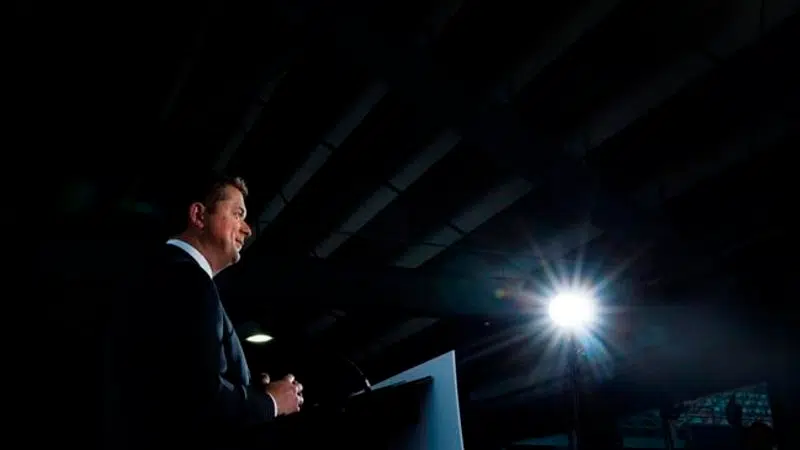
Scheer, Singh campaign in their parties’ regions of relative strength
OTTAWA — Conservative Leader Andrew Scheer and NDP Leader Jagmeet Singh kept their campaign machines rolling Saturday — and they focused their efforts on their parties’ historic strongholds.
Scheer promoted the Conservatives’ pledge to build a national energy corridor during a stop in Edmonton, where he took the stage with an old friend: Alberta Premier Jason Kenney.
Scheer, who also planned to visit Saskatoon on Saturday, urged cheering supporters to help his party recapture ridings in Alberta that the party lost in the 2015 election. Four years ago, the Liberals won four seats from the Tories in Calgary and Edmonton. The New Democrats have also had a beachhead in one Edmonton riding.
“I need your help, I need you to go door to door,” Scheer said after being introduced by Kenney, a former minister in Stephen Harper’s Conservative government.
